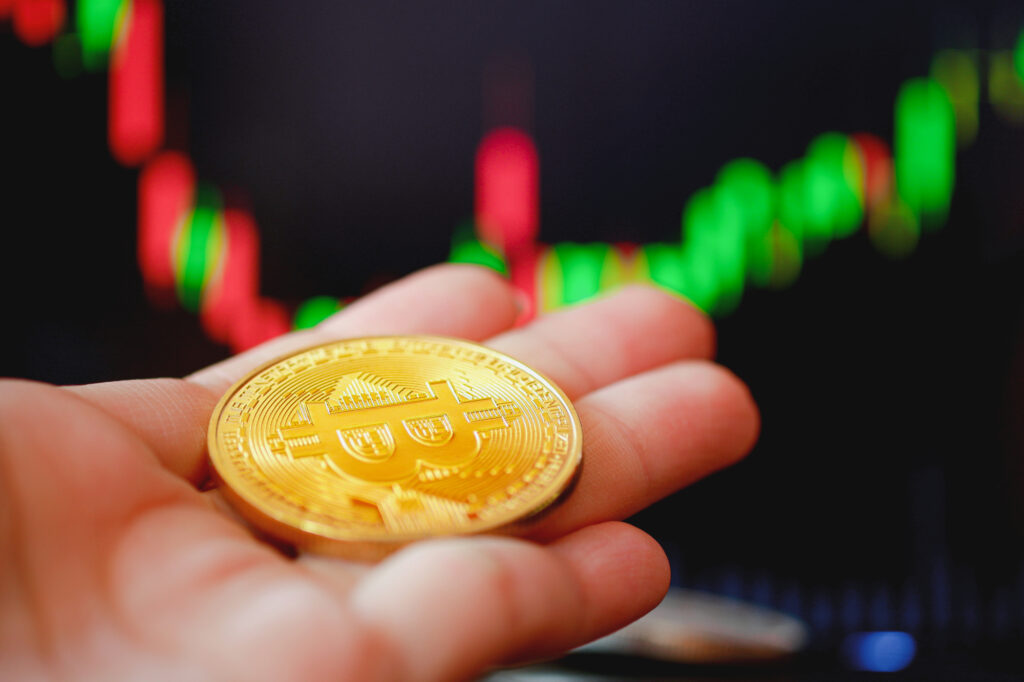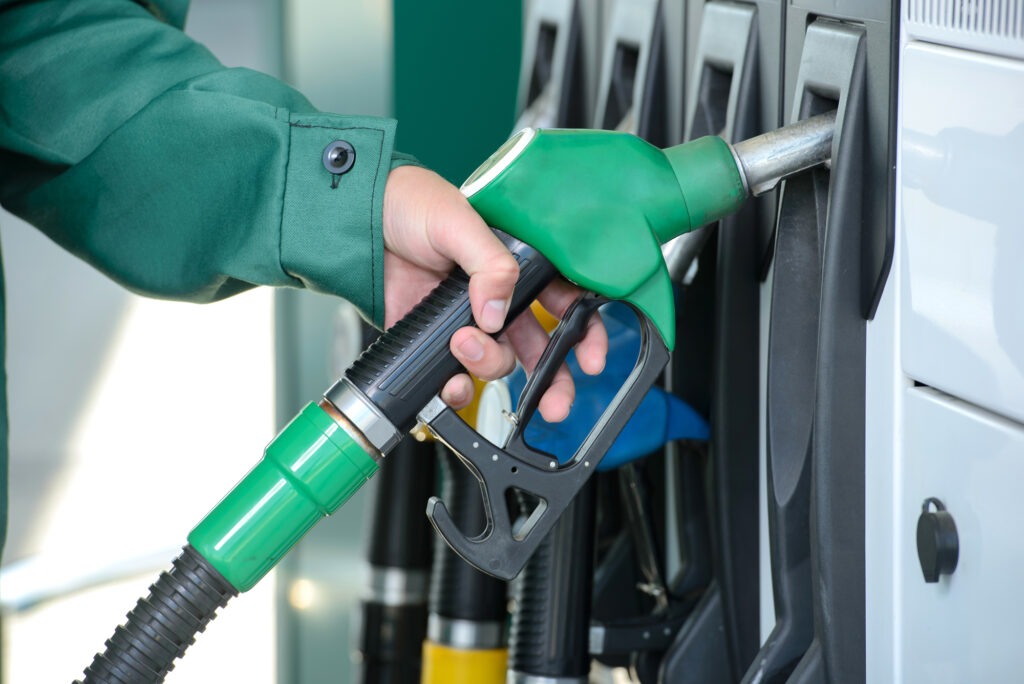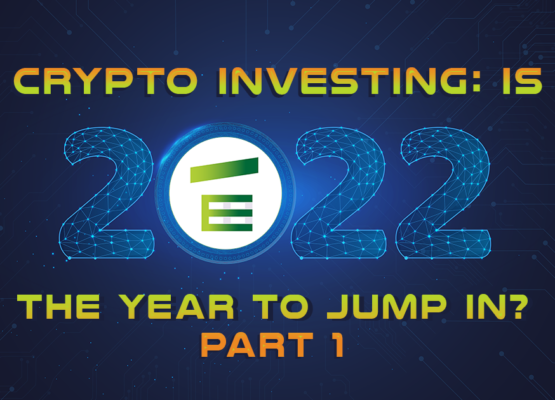
You saw the memes – paying nearly 200 ETH for a 5 ETH transaction because of gas fees. Completely mindblowing, right? Unfortunately, they happen on actual transactions.
But why are there additional fees and why do they cost that much? Don’t worry, because this article will help you understand how crypto transactions work and why the charge exists.
Gas Fees Defined

Let’s start with the elephant in the room: what are gas fees?
Gas fees refer to the Ether(ETH) cost one needs to pay for a transaction to happen on the Ethereum blockchain. It’s called such because you need gas to make the car go places just like in regular cars. And to get gas pumped into your car, you have to pay for the gas, hence the term.
Where Do These Fees Go?

This fee primarily goes to the crypto miners who process the transactions and ensure that the network is secured. Maintaining the blockchain is a challenging task, and the miners continually monitor the network for fast and smooth transactions.
Additionally, it also helps regulate the network via repeated transactions, aka “spamming.” Without a charge or service fee for transactions, it’s easy for malicious entities to clog the blockchain, leading to system issues.
How to Compute

After the London Upgrade last August 2021, the computation for this charge was also overhauled. Currently, the formula is as follows:
Gas units x (base fee + tip) = Gas feesBreaking down each charge makes them clearer to understand.
First, we have gas units. This refers to the maximum gas you’re willing to shell out to get the job done. Price varies depending on the transaction, so it’s best to consult miners or transaction experts to get the specific amount.
Base fee reflects the minimum gas needed to place your transaction on a specific block on the blockchain. The higher the demand for the block, the higher the base fee will be.
Lastly, we have the tip. Also called priority fees, users give tips to users to place a transaction on a higher priority. This incentivizes miners to work on your transaction first, and they get the tip once they verify the transaction.
And yes, if you’re wondering, you can only pay gas fees via ETH currency.
Mindblowing Costs Explained

And now for the million-dollar (figurative and sometimes literal) question: why are gas fees through the roof? Here’s our simple explanation regarding the matter.
Most blocks now on the Ethereum blockchain have transactions that range from 15 million to 30 million gas. Base fees for certain blocks are compared with that 15 million gas target. As such, prices could skyrocket when a combination of high network and the block used exceeds the target. And if we add in the tip and gas units, you have the factors that influence the high costs of gas fees.
Can I Skip Paying Gas Fees?

Sadly, you can’t complete a transaction without paying the appropriate charge. Going back to the car analogy we used earlier, you need to pay for your gas to pump your car and do your thing. Same thing with Ethereum gas fees – you need to shell out to get your transaction done. Sure, you can lower your tip to reduce the gas fee, but you’ll have to wait longer in line.
And that’s our simple run-through of the topic, along with some answers to its critical questions. We hope this helps you understand how transactions go and get over that Ethereum gas fees could be as volatile as traditional gas prices.



